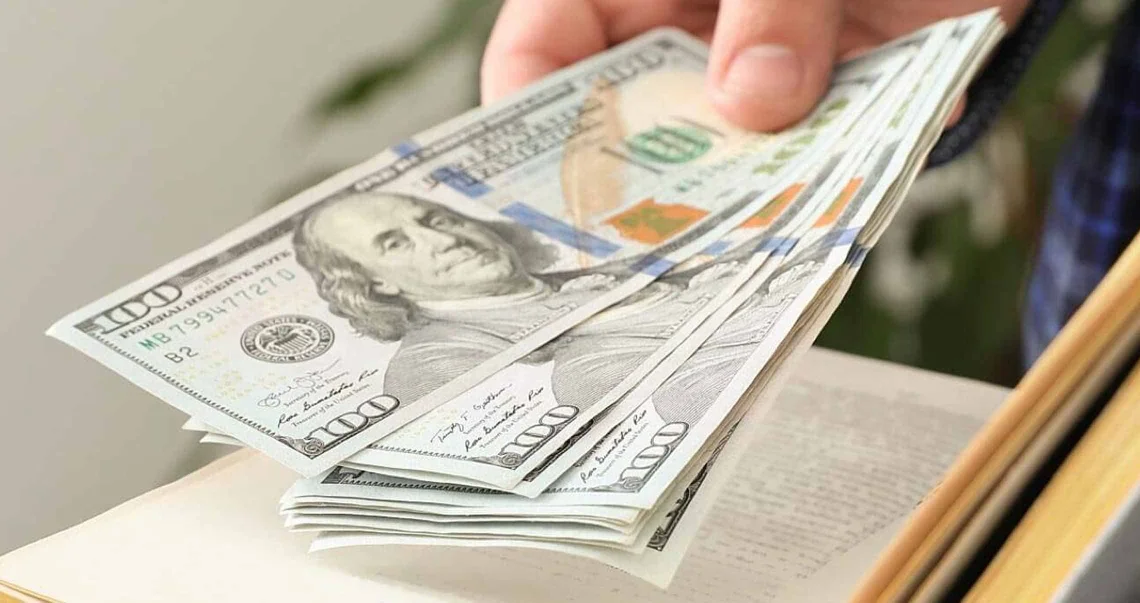Digital banking for business
Seamlessly access all of your accounts from one place with First Citizens Digital Banking for business.
It's common to feel unsure of what to do with your money. For many people, stashing their savings at home in cash can feel like the safest option. This sentiment is partly an outgrowth of historical realities. During the Great Depression, bank failures were common, and many families found their life savings were simply gone.

Given these events, it's easy to understand how keeping money in cash became a common practice. But today, there are strong safeguards put in place by the federal government to prevent people from losing their life savings if bank closures occur.
With these assurances, keeping your savings in cold, hard cash is rarely the best route. If you can pinpoint what has you worried and learn the banking options available to you, you can find the right solution for your financial needs.
Some people choose to store their savings in cash because they feel uncertain about the current economy or remember struggling through tough times in the past. This includes not only the Great Depression but also the Great Recession brought about by the 2008 stock market crash. Even more recently, the COVID-19 pandemic ushered a wave of stock market volatility and economic slowdown.
Another reason people keep money at home is because they're naturally risk-averse and feel the stock market is too volatile. Others distrust the banking system or aren't aware of the protections offered by Federal Deposit Insurance Corporation, or FDIC, insurance.
All these reasons have one thing in common. They're all based on the fear of losing hard-earned savings and not having the finances needed for a stable future.
Today, however, there are protections that provide peace of mind against these concerns. Banking is among the most stable industries—bank failures are relatively rare, and the FDIC insures up to $250,000 per depositor, per account ownership category. For example, this means if you and your partner have $500,000 in a joint savings account and you have $250,000 in an eligible retirement account, the entire $750,000 is fully insured by the FDIC.
You'd also miss out on some key benefits your savings could bring you if you choose not to put it in the bank. For example, you wouldn't see the growth that comes from compounding interest. This refers to interest on interest, or investment returns on investment returns—so if you invest $100 and receive 10% interest per year, you have $110 by the end of year 1. Then, in the second year, you earn 10% on that $110. The longer you keep your money saved or invested, the more compounding periods occur, and the more your money grows.
Hiding your money could also expose you to inflationary risk. Inflation happens when the cost of living rises so much between now and when you need your savings that your money loses value. Inflation is inevitable, and average rates hover between 2.5% and 3.5%. If your stashed cash falls prey to inflation, you could end up outliving your savings, especially if you're just getting started building your savings. And that could put you in the very position you're trying to avoid.
Stashing cash in your home also exposes it to physical risks. A fire, flood or other event beyond your control could destroy paper currency, or thieves could steal it during a break-in. And if you were to pass away, the cash you intended your loved ones to receive might remain undiscovered.
There are plenty of safe alternatives to keeping money in cash. Putting your savings in a secure place will provide peace of mind and long-term value for you and your family.
Not all stock market investments are equally risky. Low-risk investments, such as income funds and money market mutual funds, offer the potential of steady, long-term growth through compounding returns without significant market risk.
If you prefer to avoid the stock market altogether, an FDIC-insured account such as savings, money market or a certificate of deposit, or CD, could be a good choice.
Many savings accounts offer compounding interest and easy access to withdraw funds when needed. Many money market savings accounts offer tiered interest, so the more you save, the higher the interest you receive. And a CD offers a guaranteed interest rate for a specified length of time.
Before you decide to keep your earnings in cash, think about how the choice could impact your financial future. Reach out to a banker to discuss alternative options for keeping your money safe and secure.
Email Us
Please select the option that best matches your needs.
Customers with account-related questions who aren't enrolled in Digital Banking or who would prefer to talk with someone can call us directly.